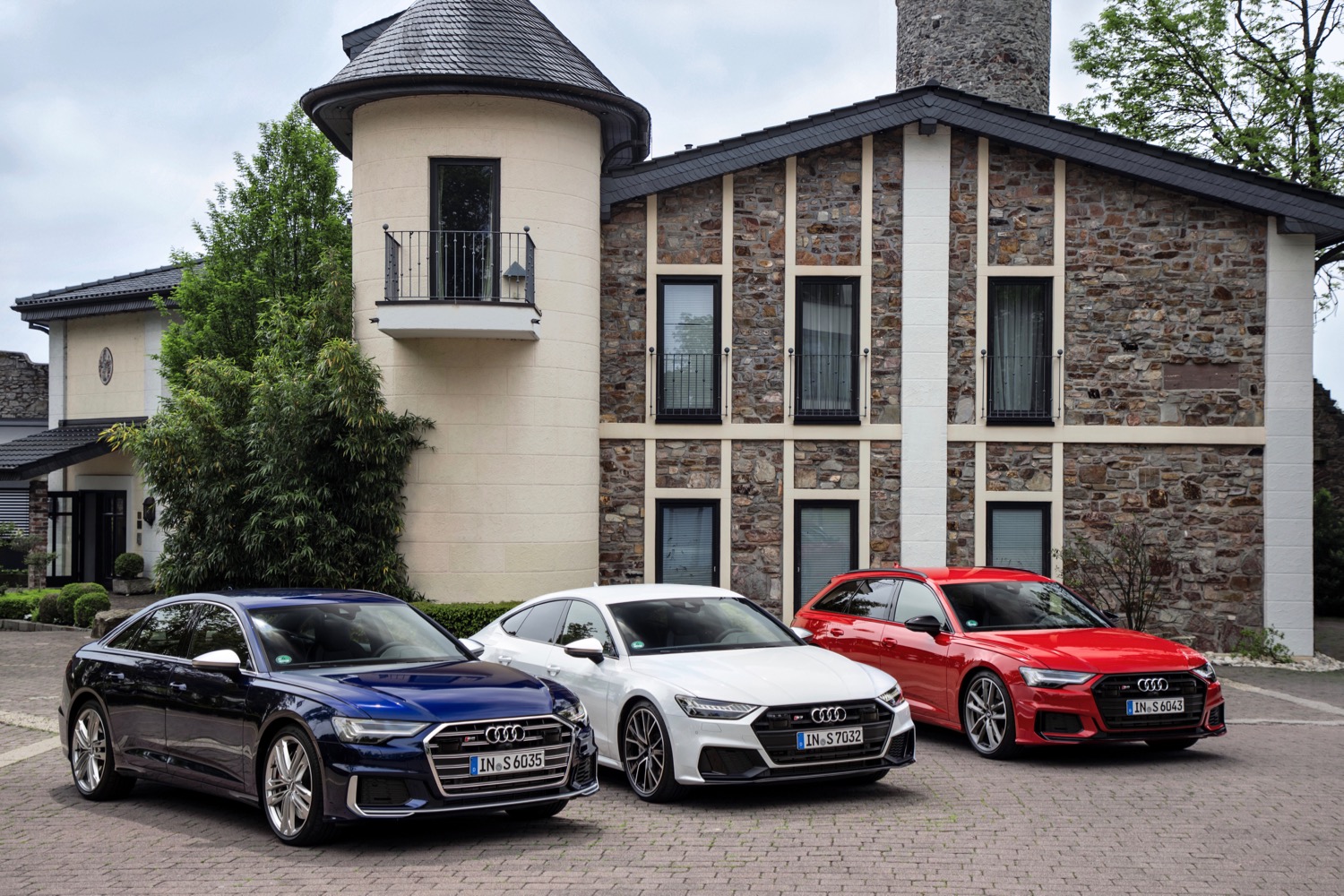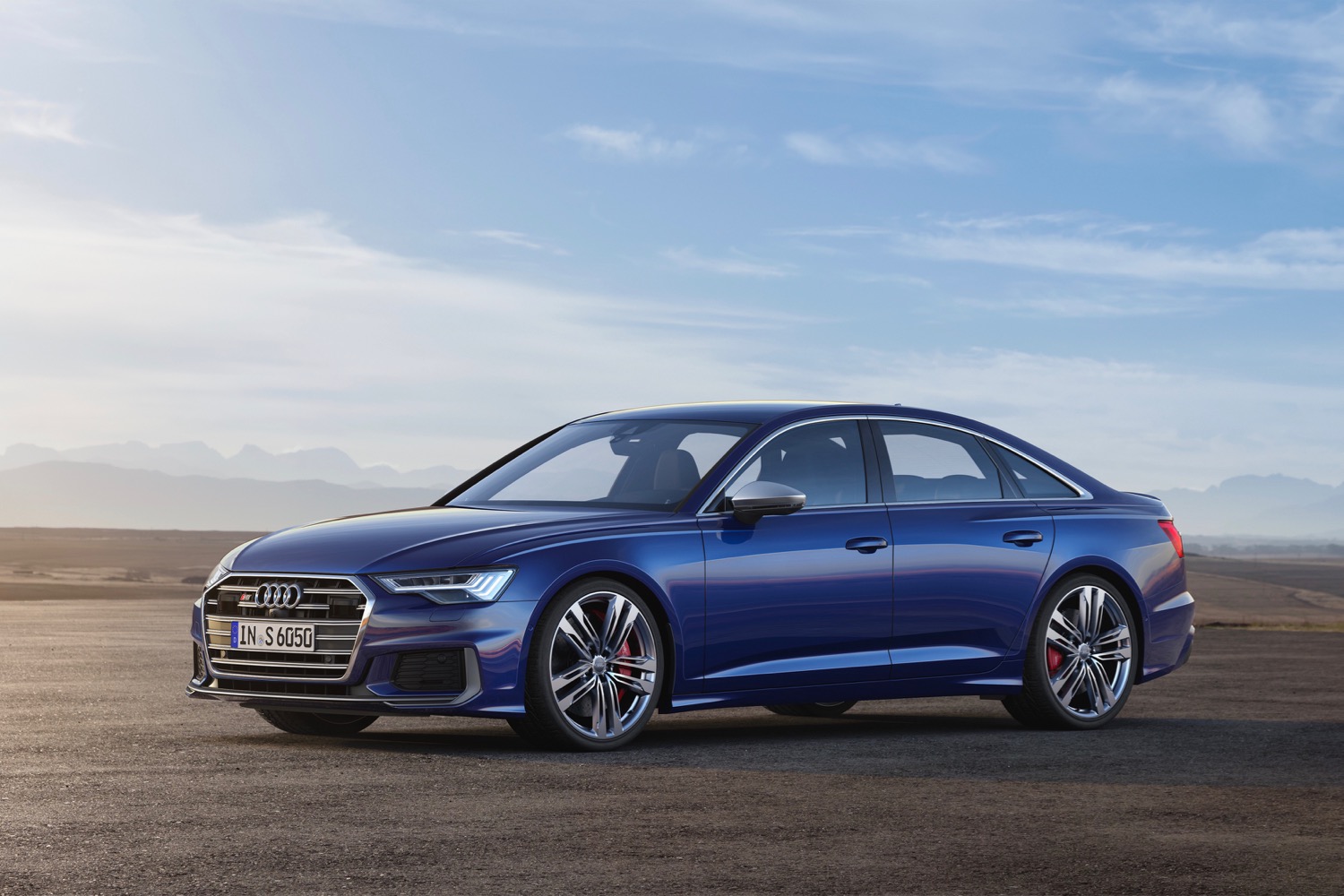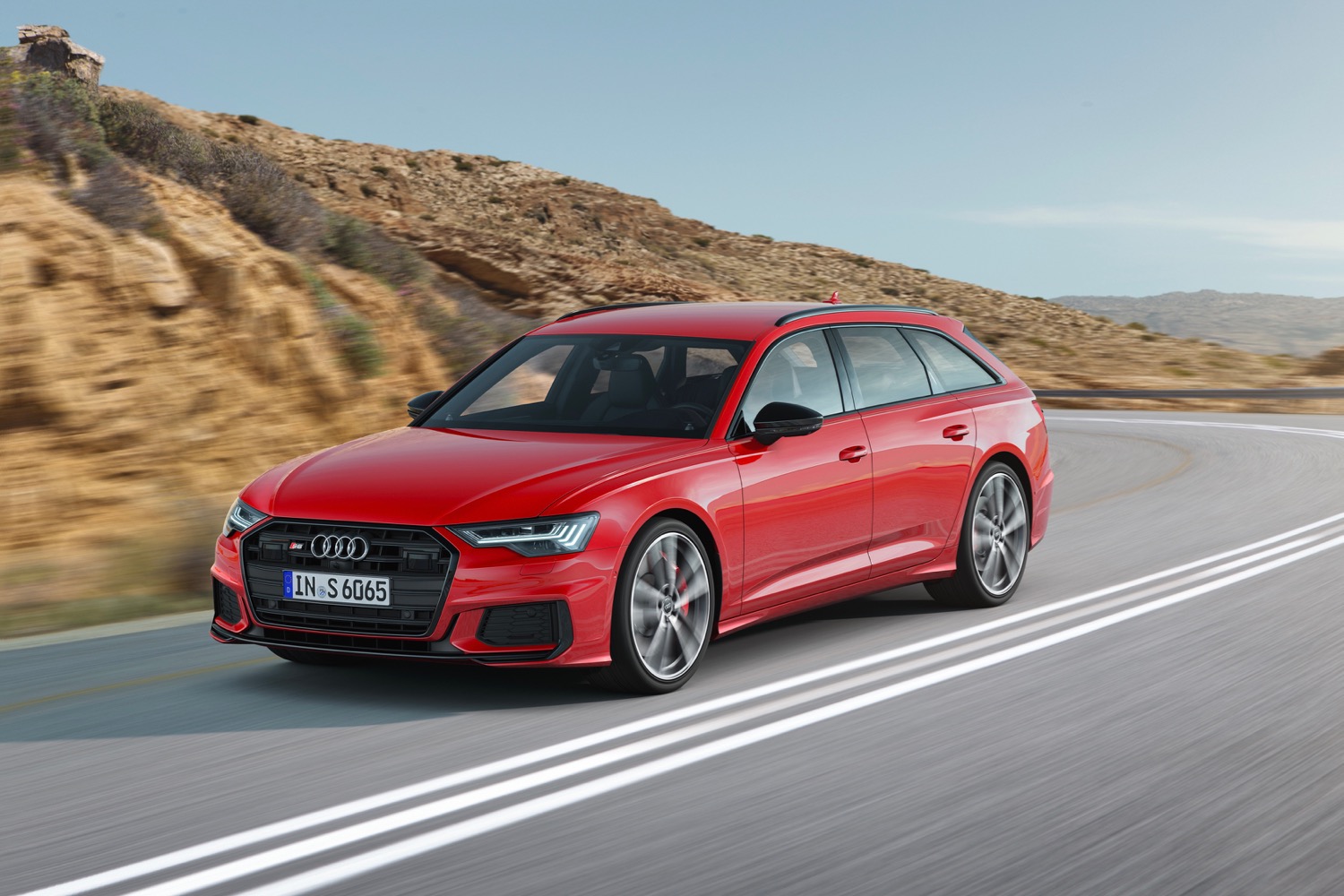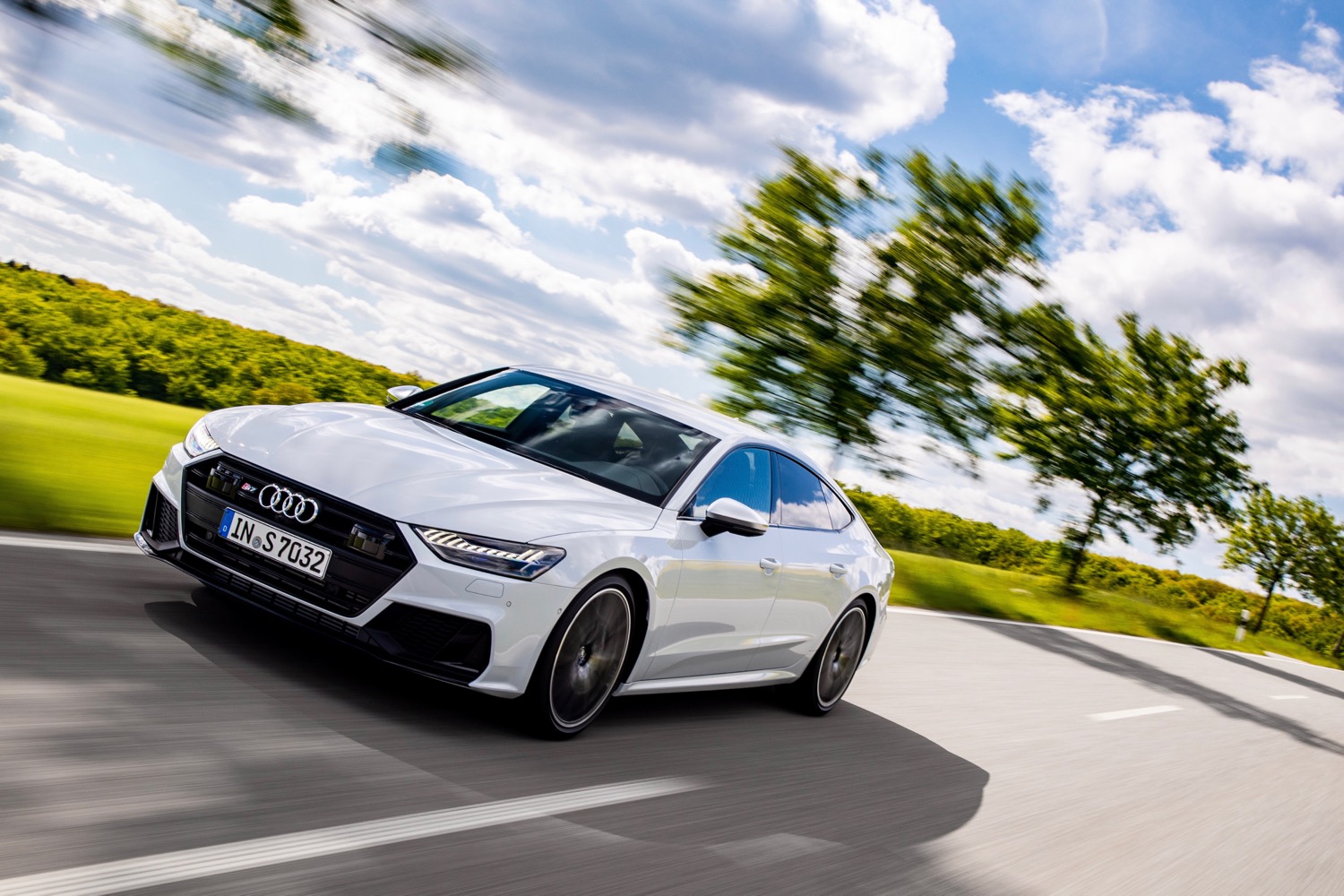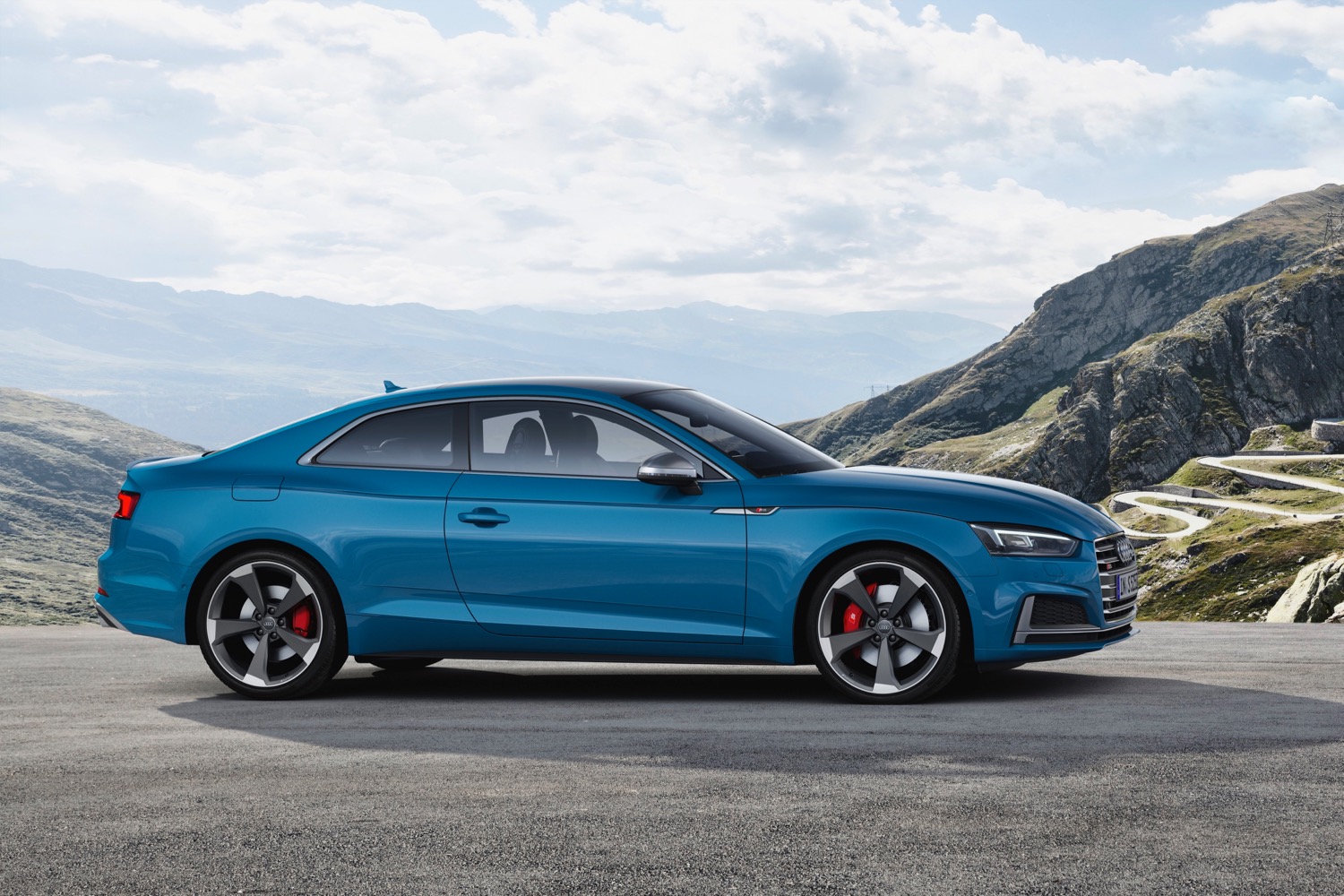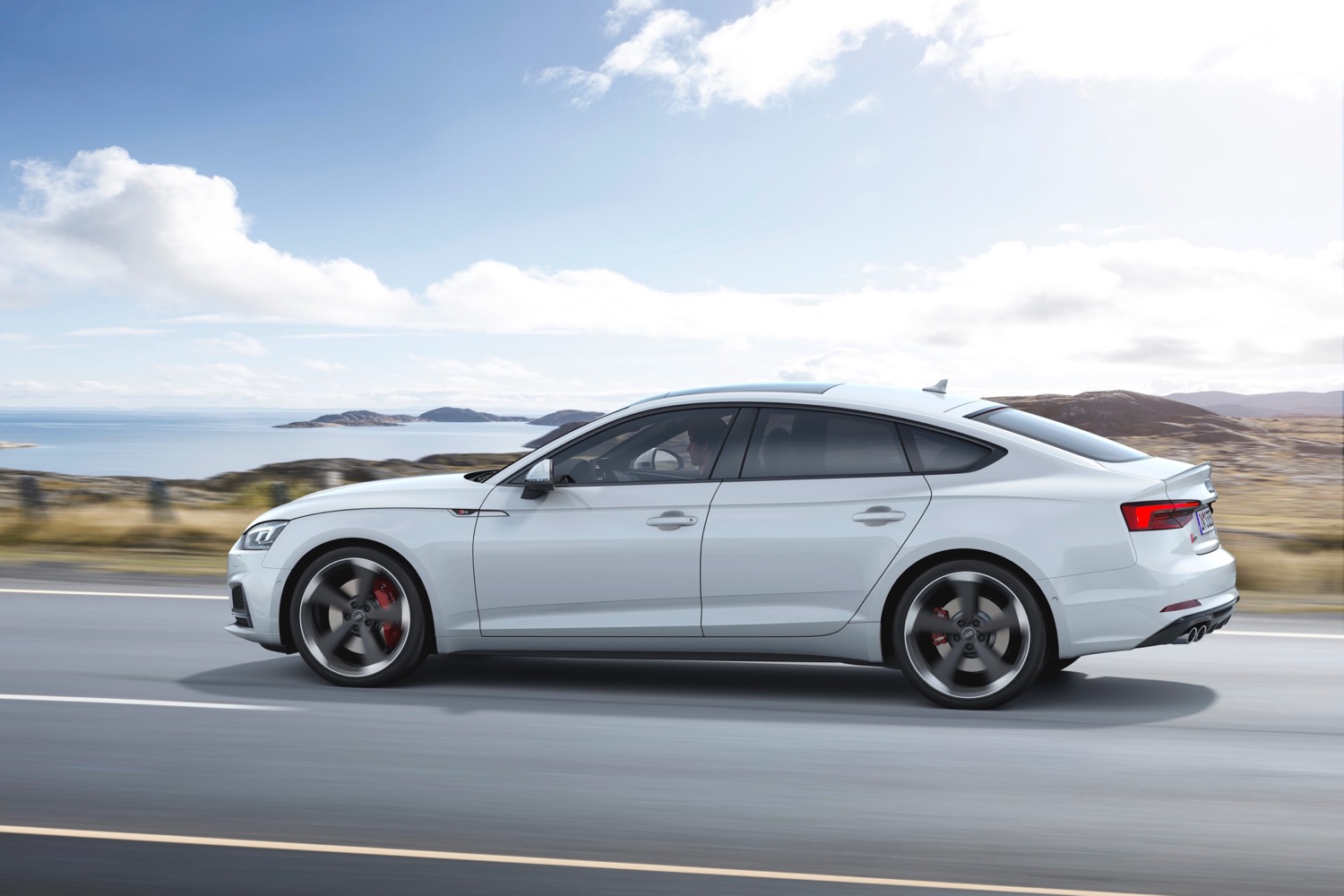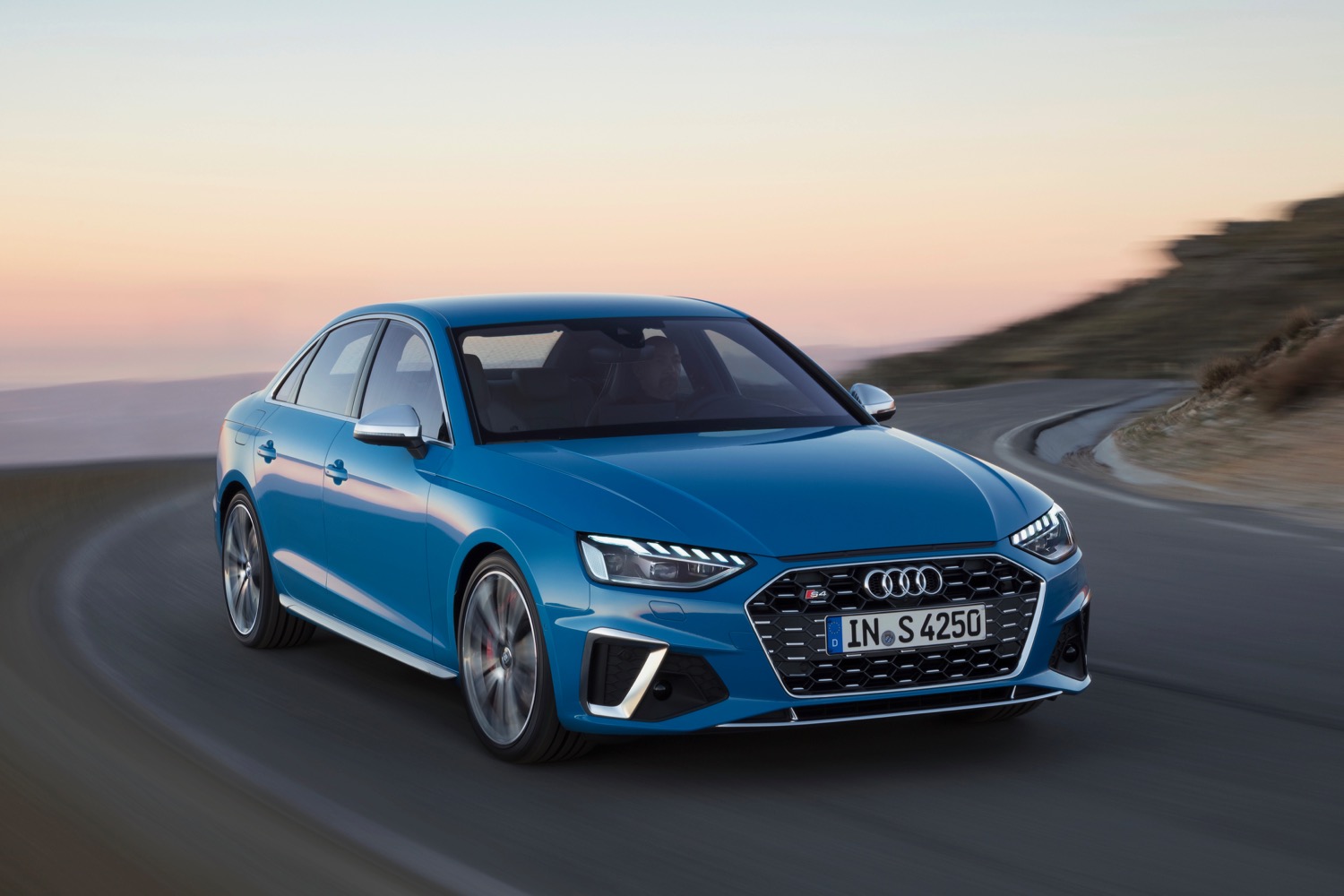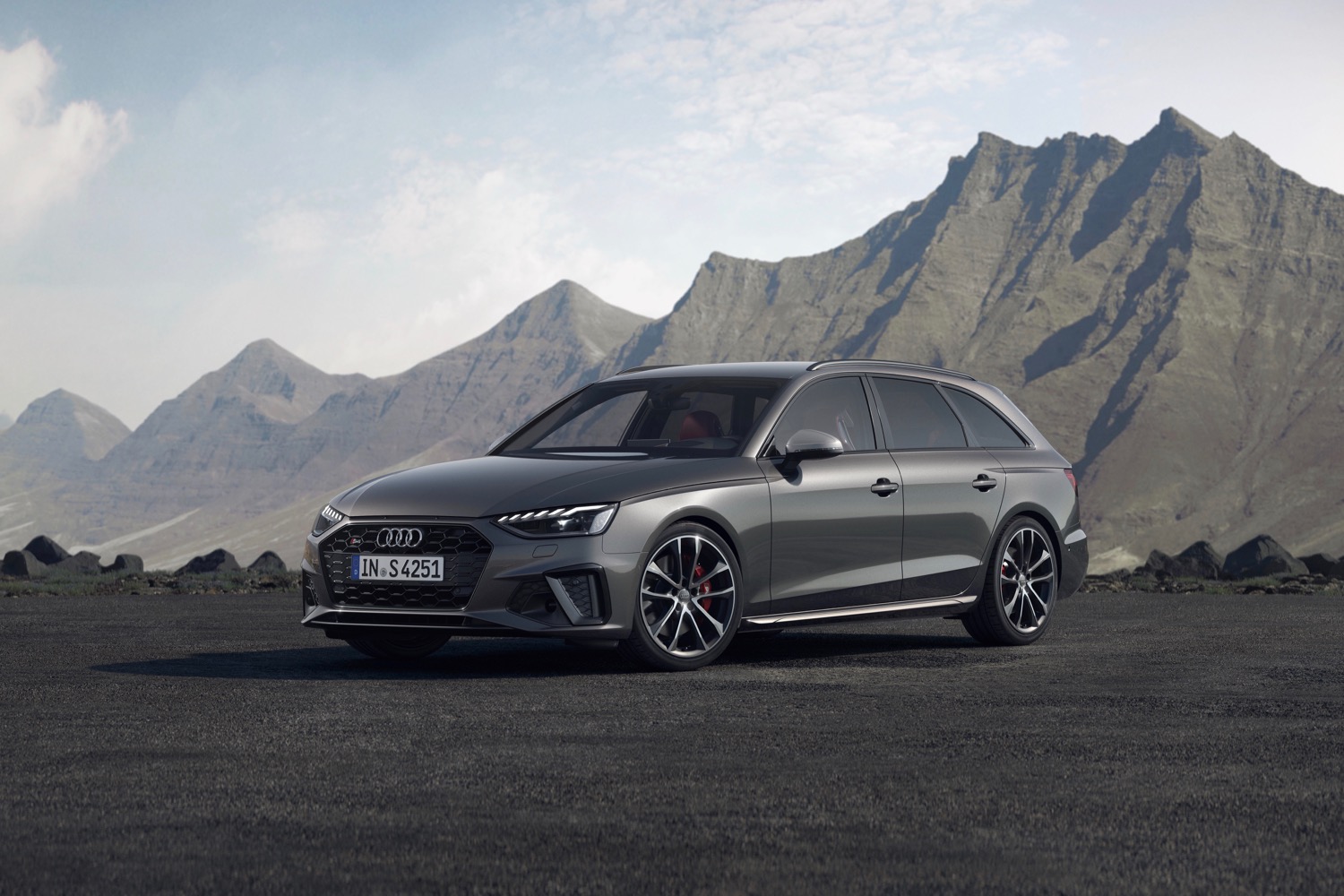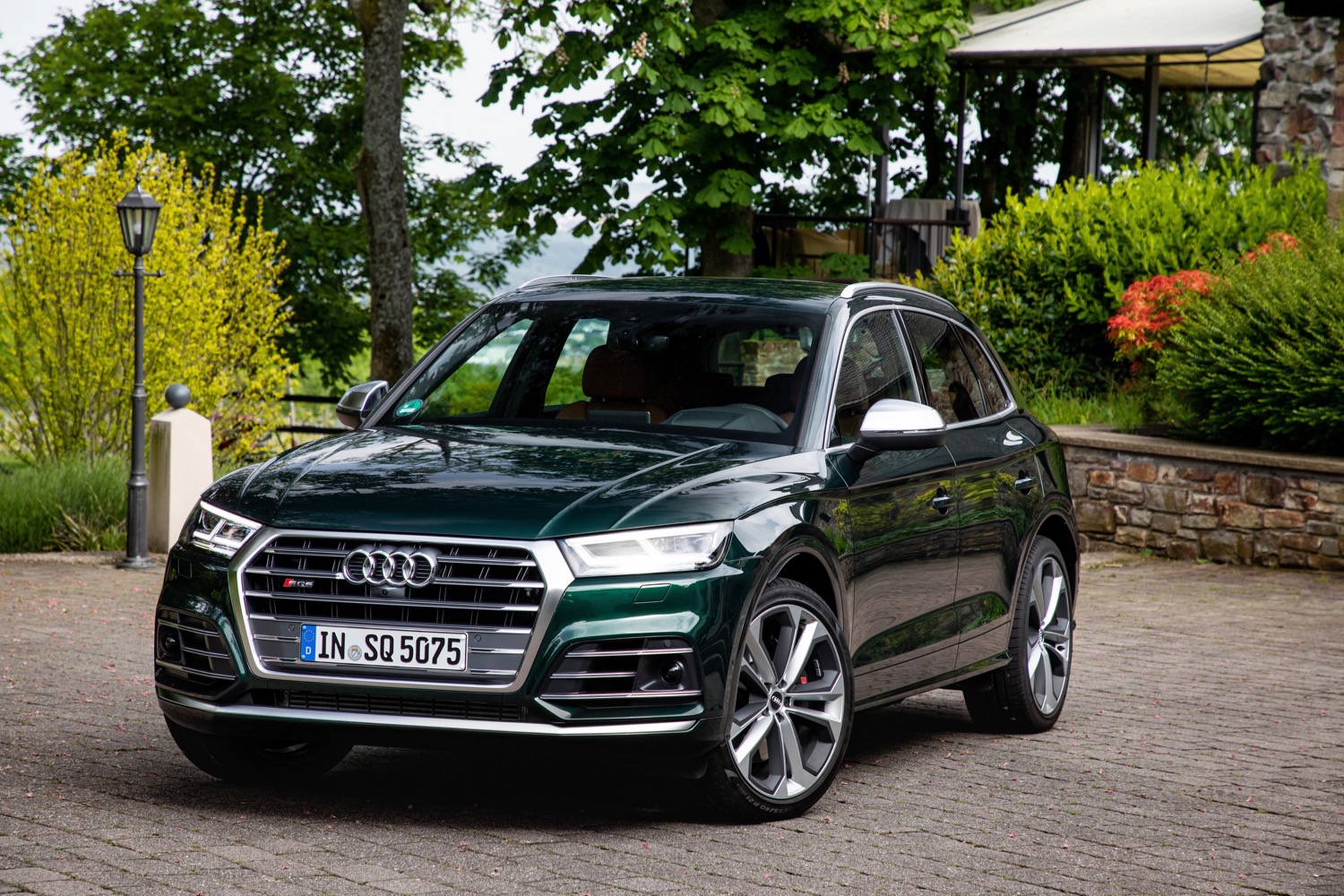Audi parent Volkswagen’s emissions cheating doomed any chance of future U.S.-market diesel models from the luxury brand, but Audi is launching a diesel assault in Europe. Audi is adding TDI diesel powertrains to more of its sporty S models than ever before, as well as mild-hybrid systems to further improve efficiency.
In Audi speak, S denotes models that are sportier than base cars, but not quite as extreme as range-topping RS models. While Audi has offered SQ5 and SQ7 SUVs with diesel engines in the past, it’s now adding diesel powertrains to a much wider array of vehicles. The list includes: The S4 sedan and S4 Avant wagon, S5 coupe and S5 Sportback hatchback, S6 sedan and S6 Avant wagon, S7 hatchback, and a new version of the SQ5. These models will likely be sold in Europe only; Audi will continue to sell gasoline S models in the U.S.
All models get a 3.0-liter turbodiesel V6 mated to a mild-hybrid system that’s based on the setup used in the existing SQ7 TDI, along with an eight-speed automatic transmission and standard all-wheel drive. The powertrain is good for 353 horsepower in the S6 and S7, and 351 hp in the S4, S5, and SQ5 models. All models make 516 pound-feet of torque. The S4 and S5 models are the quickest, capable of doing 0 to 62 mph in 4.8 seconds, according to Audi. The S6 sedan takes 5.0 seconds, while the other models take 5.1 seconds.
The mild-hybrid system includes an electric compressor, which can spool up almost instantly, unlike a traditional turbocharger, according to Audi. Because turbochargers are powered by the engine’s exhaust, they don’t start to work until the engine has reached a certain speed. That can lead to a delay between putting your foot down and getting a response from the engine, which is known as turbo lag. However, the electric compressor works at low engine speeds, allowing the turbocharger to take over at higher speeds.
The S TDI models also use a 48-volt electrical system to boost efficiency. Cars can use regenerative braking to harvest electricity and store it in an onboard battery pack, not unlike the systems from rivals Mercedes-Benz and Land Rover. However, Audi’s system actively looks for opportunities to use regenerative braking, such as when a car in front brakes particularly hard. That stored electricity can be used to allow a car to coast with its engine off and for a more aggressive engine start-stop system — all in the name of fuel economy.
The S models also get a handful of other upgrades. Sport suspension and a sport differential are available on every model, and thhe S6 and S7 are also available with carbon-ceramic brakes and four-wheel steering. S-specific exterior styling elements are part of the package as well, although the changes are fairly subtle.
The Audi S TDI models are currently on sale in Europe, but don’t expect them to be imported to the U.S. You can thank Audi parent Volkswagen’s emissions cheating for that. A handful of other automakers do sell diesel cars and trucks here, however. Meanwhile, tightening emissions standards could mean the end of diesel in other markets as well. Even as it launches the new S TDI models, Audi is also hard at work on a line of electric cars.
